Imam Al-Hujjah Hospital attaches utmost importance to maintaining and upgrading quality to international levels.
Quality is defined as the process of following the correct procedure the first time and every time.
The alignment with the right standards of performance in the safest and most affordable way possible, thus resulting in a positive impact on the rate of medical cases, mortality, disability, and malnutrition.

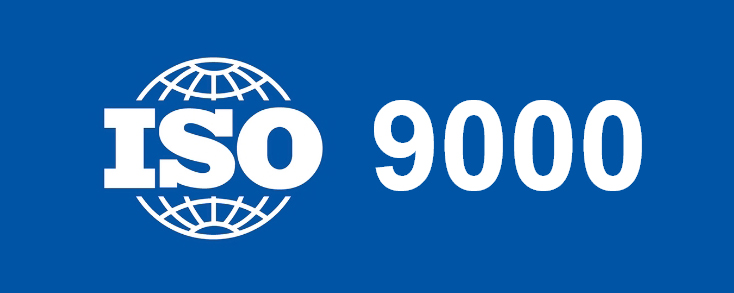
A set of basic international standards that includes the criteria for quality management system. The standards of ISO 9000 are issued and maintained by the International Organization for Standardization, which is run by the Accreditation and Certification Commission in each country. Rules are updated in accordance with the internationally approved requirements, following the advancement of technology, knowledge, and experience.
Organizations and companies can benefit from these instructions to improve their quality.
1. Relationship management
2. Evidence-based decision making
3. Process approach
4. Improvement
5. Commitment
6. Leadership
7. Customer focus
1. Infrastructure and financial resources
2. Human resources and manpower
3. Medical services and infection control
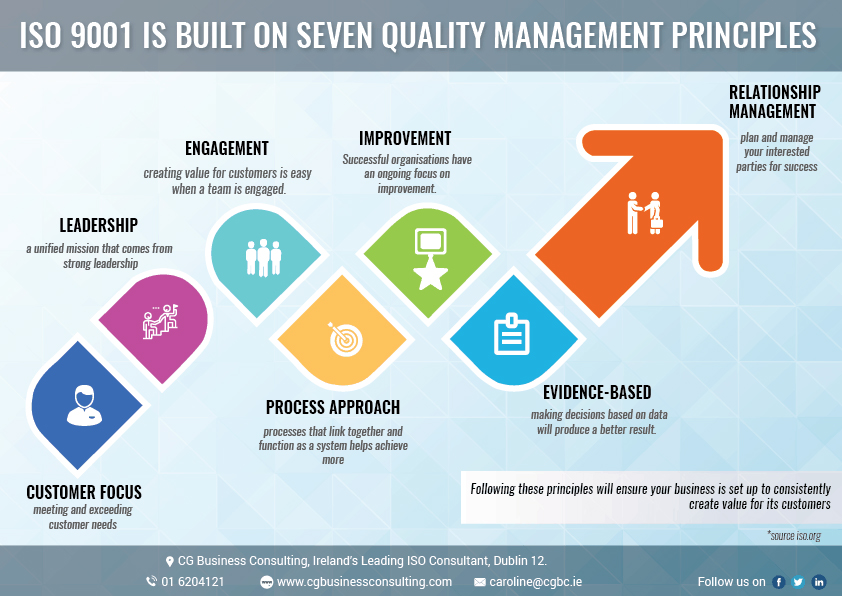
at Imam Al-Hujjah Hospital:
From the earliest stage, the goal of establishing the hospital project was to provide solid medical services through which the patient receives treatment according to the latest internationally approved medical standards that embody ethical values that are commensurate with human dignity and inviolability. Therefore, the hospital adopted the above-mentioned principles in the following areas:
1. Implementing accreditation standards (HCAC and ISQua standards for hospitals) through implementing policies and procedures approved by the aforementioned bodies. There are 74 policies, 50 general and special work procedures, and 13 operation manuals for all departments.
2. Job performance evaluation of hospital employees: The hospital evaluates all its employees annually. Each employee is evaluated in several areas, the most important of which is familiarity with job tasks, quality of work, ability to organize work and determine its priorities, work behavior, understanding instructions and adhering to implementing them, in addition to persistence in work, effort, enthusiasm, attention to hygiene and approved dress code.
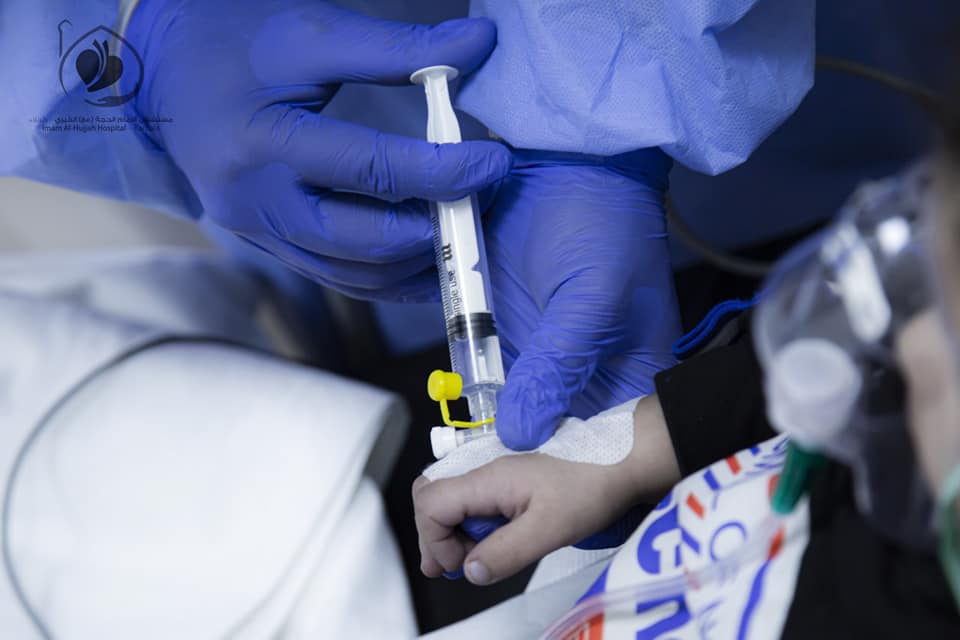
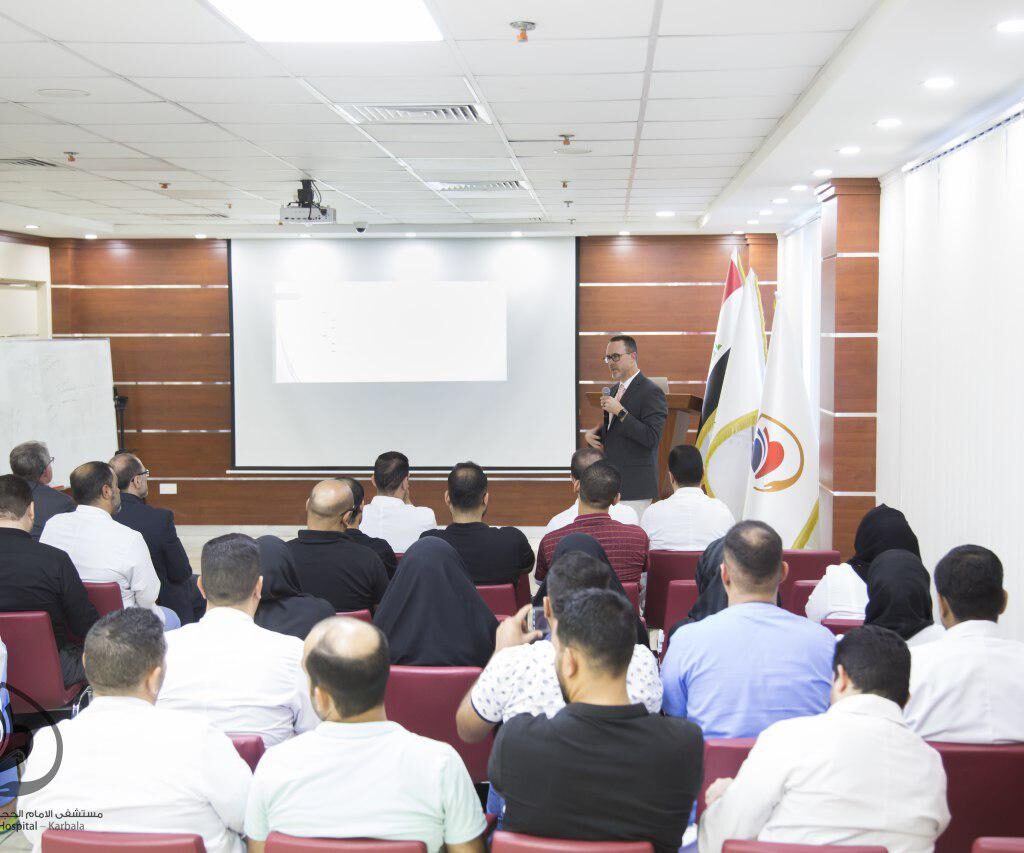
3. The training and development unit: This unit is concerned with training technical and administrative personnel as well as the Continuing Medical Education (CME) for physicians and Continuing Nursing Education (CNE) through lectures, scientific seminars, and periodic workshops that are up with the latest scientific developments and technical updates. The trainee receives points that qualify him to continue working at the hospital or receive a promotion.
4. Infection control unit: This unit aims to prevent and limit the spread of infectious diseases in the hospital among patients and staff. This is done through a set of policies, guidelines and preventive measures.
The infection control program consists of:
a) Following the guidelines set by international organizations such as the World Health Organization, and the Joint Commission International (JCI), in addition to locally approved sources.
b) Education and training on the basis of “best practices in health care”.
c) Monitoring and continuous follow-up and improvement of medical practices.
Dr. Creating a sterile environment, protecting the safety of employees through periodic checks, filing reports in the event of exposure to injury or contamination, and minimizing accidents.
e) Preparing periodic reports and collecting monthly samples for laboratory tests.
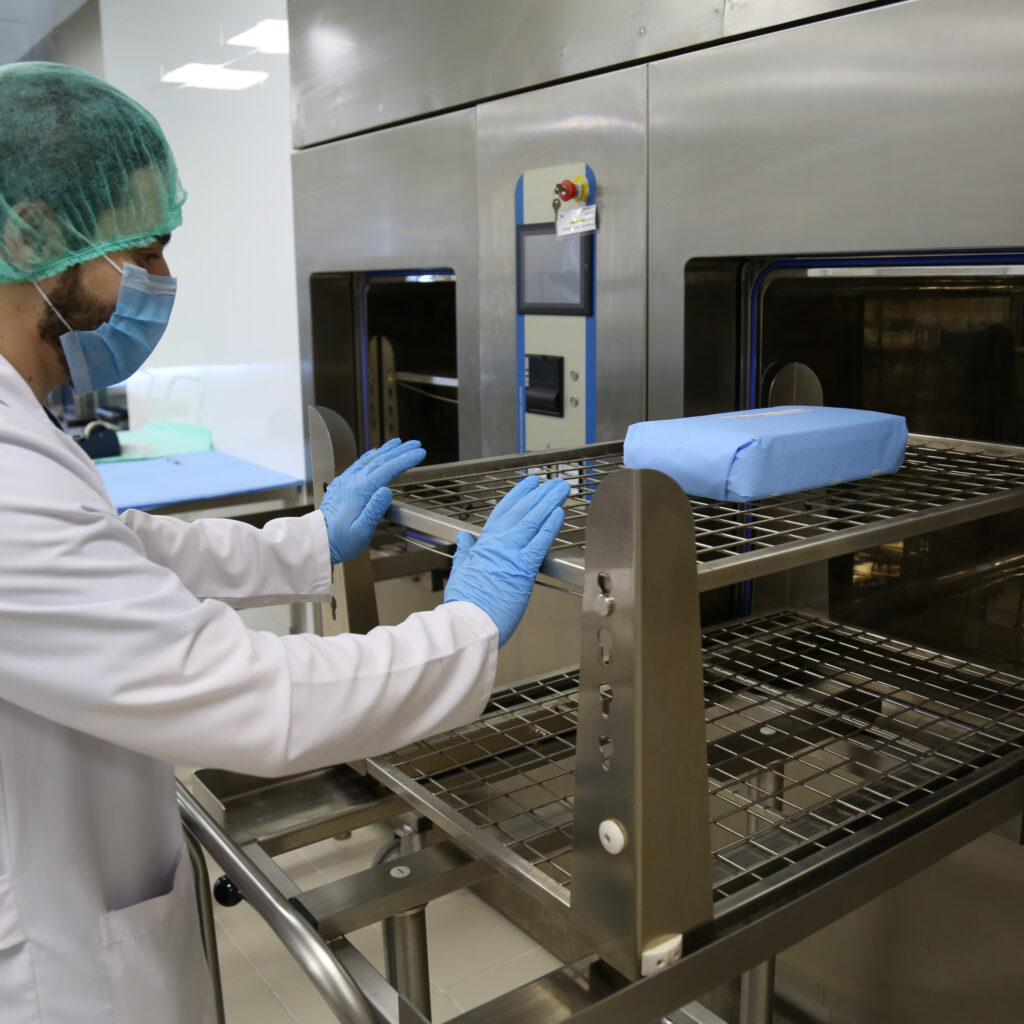
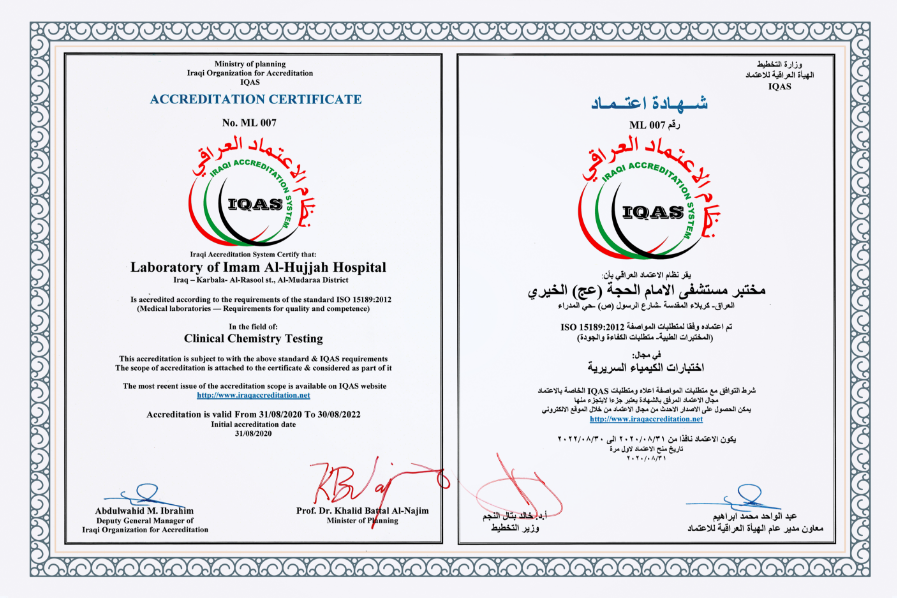
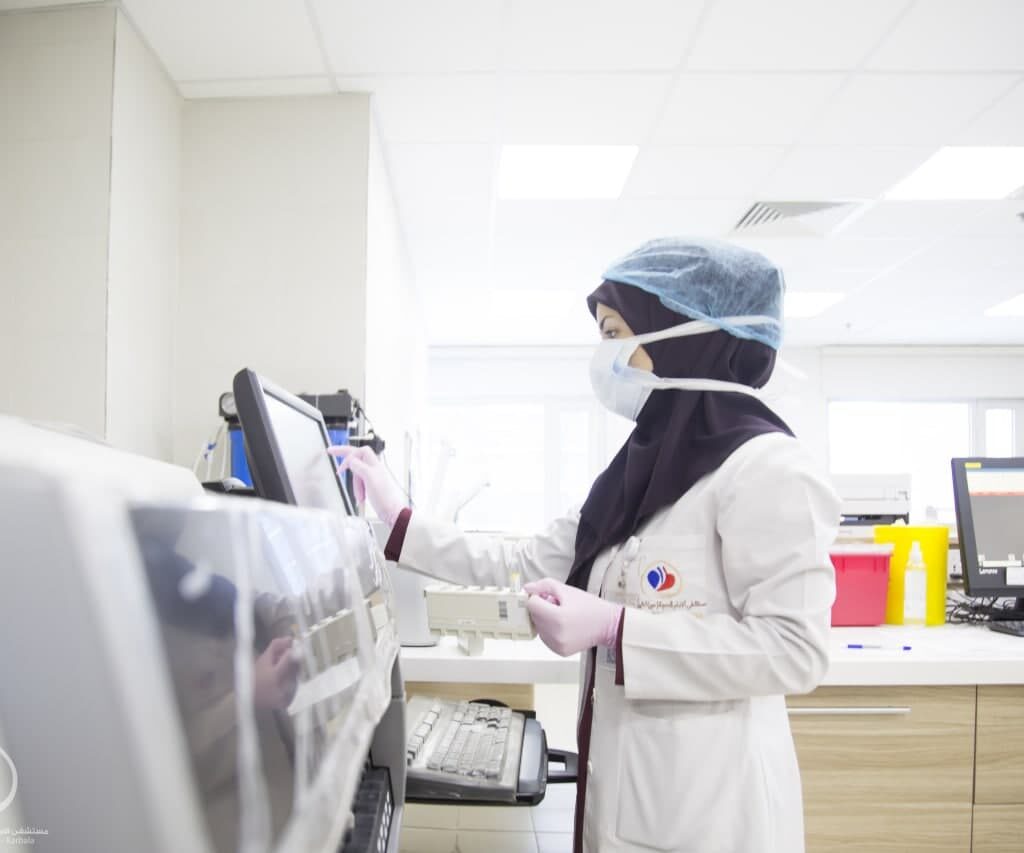
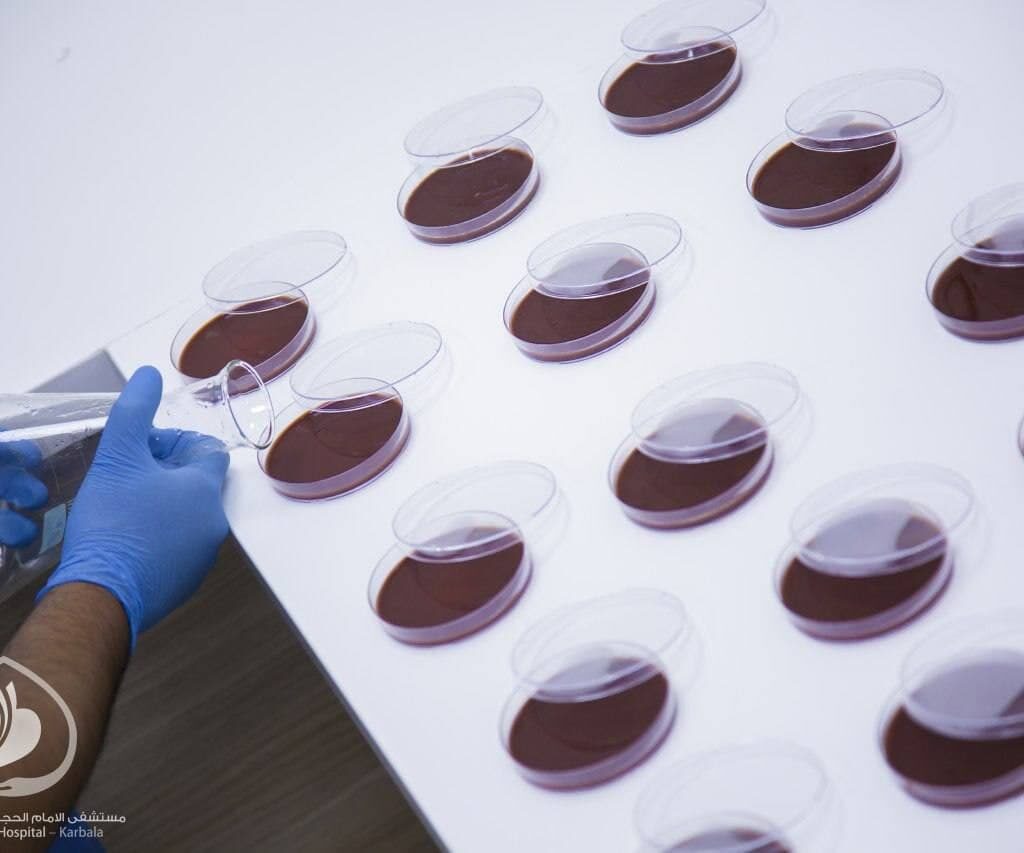
It hasn’t been long since the hospital was opened, but so far the project has achieved impressive success during its major milestones, including:
1. The clinical laboratory at IHH was certified by the Iraqi Accreditation System (IQAS) of the Ministry of Planning, according to the requirements of ISO 15189: International Standardization Organization (ISO) 2012
2. Initiating the registration process for the accreditation certificate of the Joint Commission International, the international pioneer in healthcare quality and patient safety. In 2019, the hospital received a delegation of experts whose mission was to evaluate our work system through a full tour in all departments and to confirm that the hospital is qualified for candidacy with the aforementioned institution.
3. Clean and microbe-free operating rooms: One of the most important accomplishments of our proficient and hardworking staff is the microbe-free operating theater. For 14 consecutive months, samples have been collected by the Infection Control Division at the Health Department of the Holy City of Karbala.
Imam Al-Hujjah Hospital strives to control and improve the quality of inpatient care as well as patient safety through Mortality and Morbidity meetings.
These meetings commenced with the opening of the surgical theater because they play a key role in quality management and acquiring professional expertise in order to minimize clinical errors and fatality rates.
In case of a patient’s death, an M&M meeting is held with the attendance of the physician-in-charge, the CMO, the CNO, and other colleagues.
During the meeting, they discuss all the possible causes of death until coming to the right conclusion. This helps to predict and prevent similar incidents by alerting the medical, nursing, and technical staff in advance. This is also considered the best method to learn from past experience and understand medical errors and how to avoid them in the future.
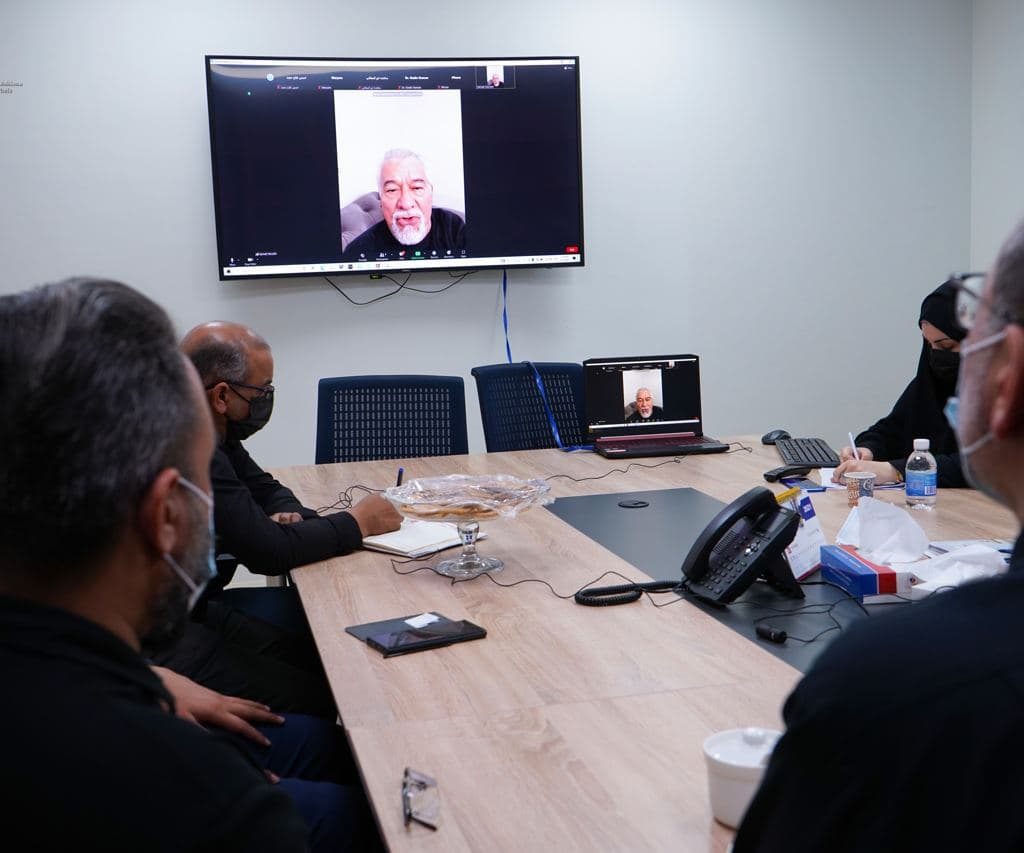
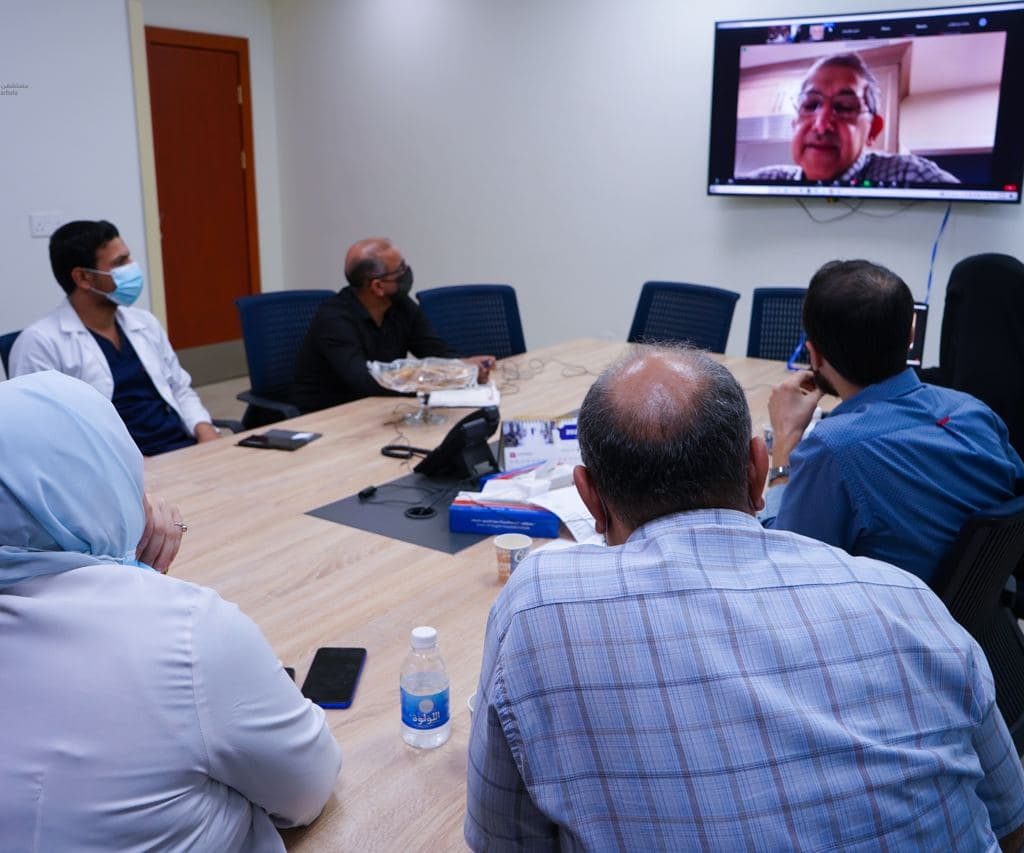
We Value your Experience at IHH
Imam Al-Hujjah Hospital welcomes your participation in our quality assurance process. We believe that constructive criticism is one of the main pillars for the development and success of our business. We hope that your journey across all hospital departments leaves a good impression about the quality of our services and comprehensive healthcare.
You can take our survey by clicking the link below. All collected data will be kept private and only used for research and assessment purposes.

جميع الحقوق محفوظة لمستشفى الامام الحجة (عج) الخيري © 2023